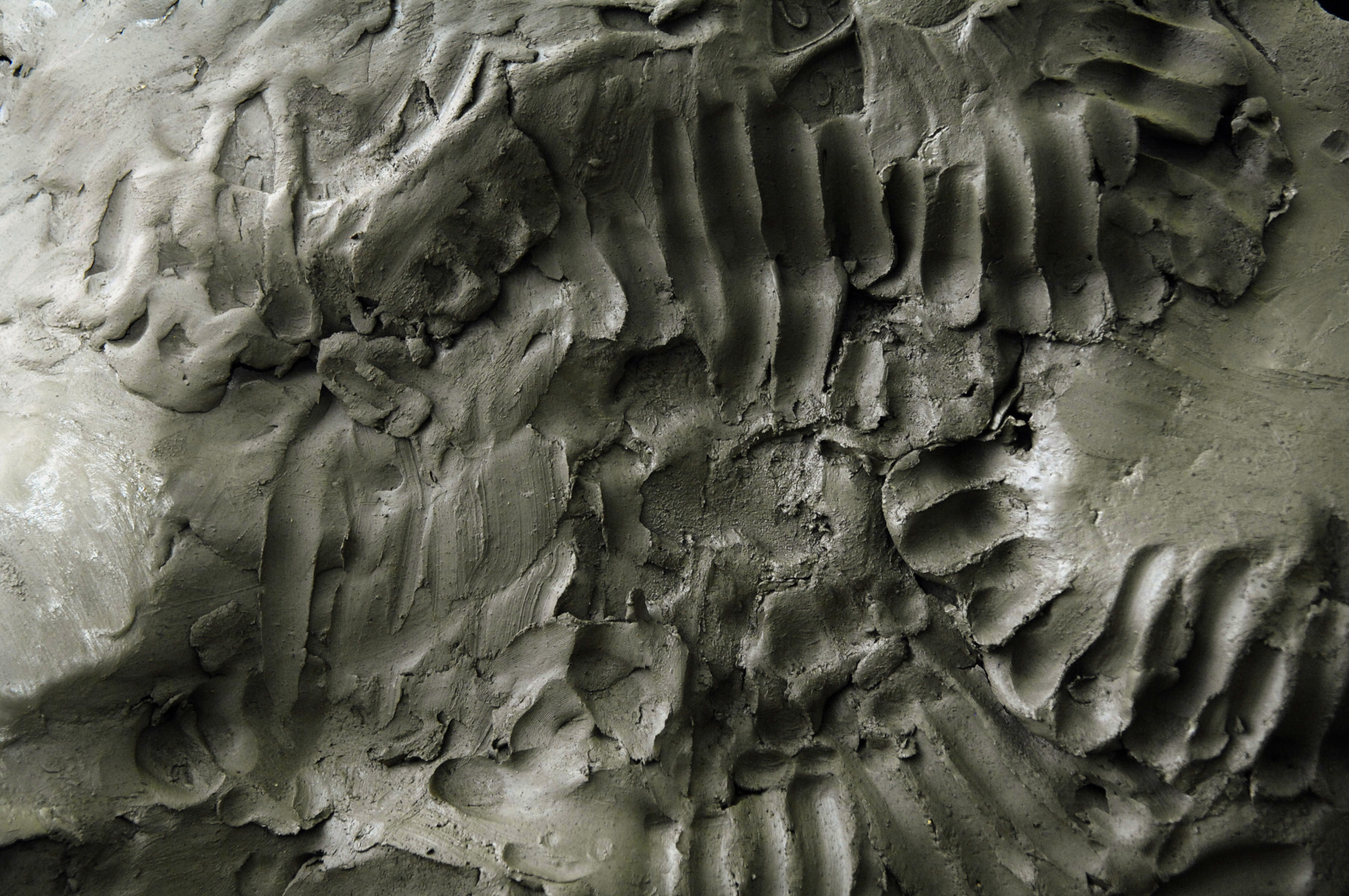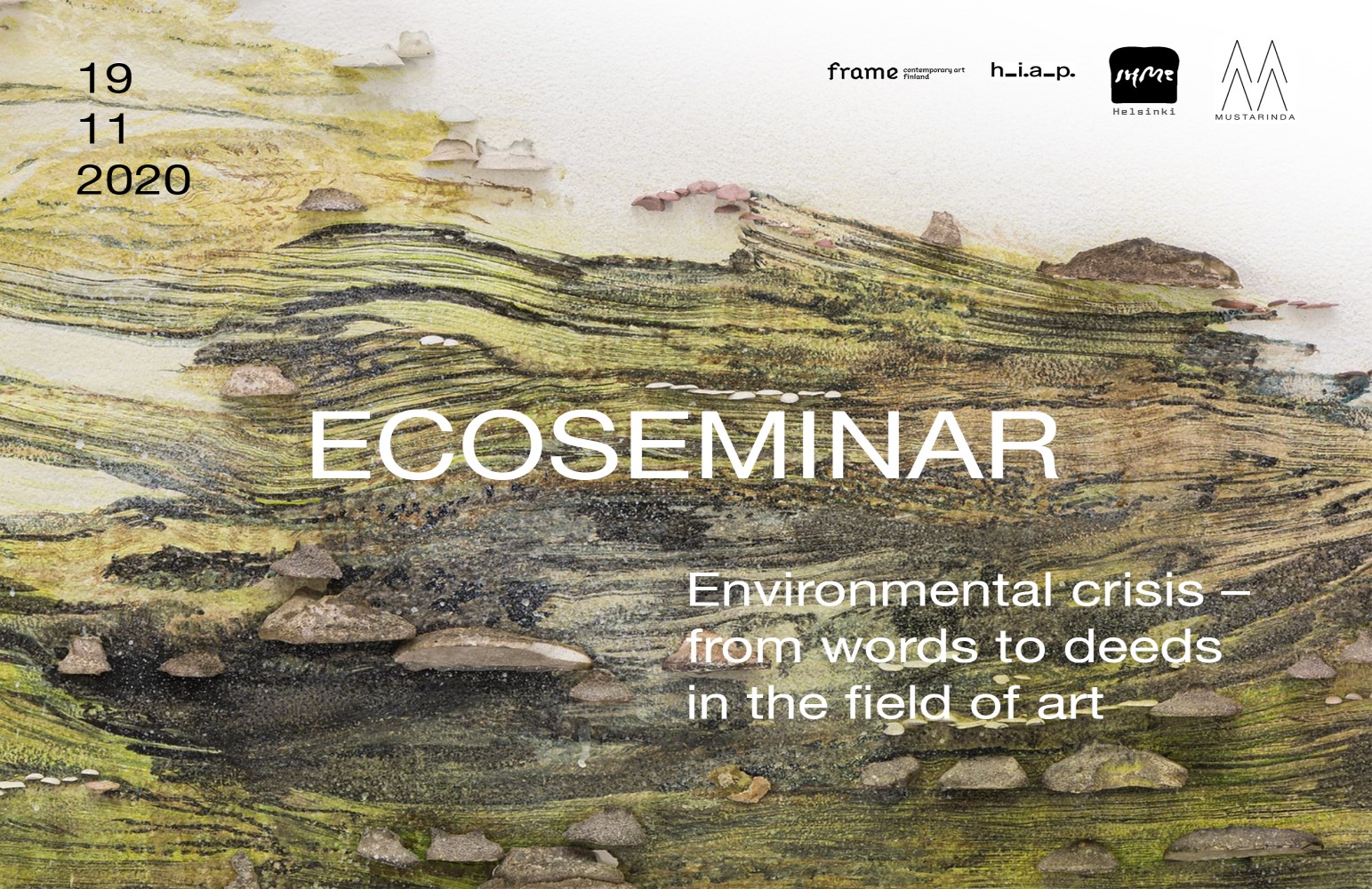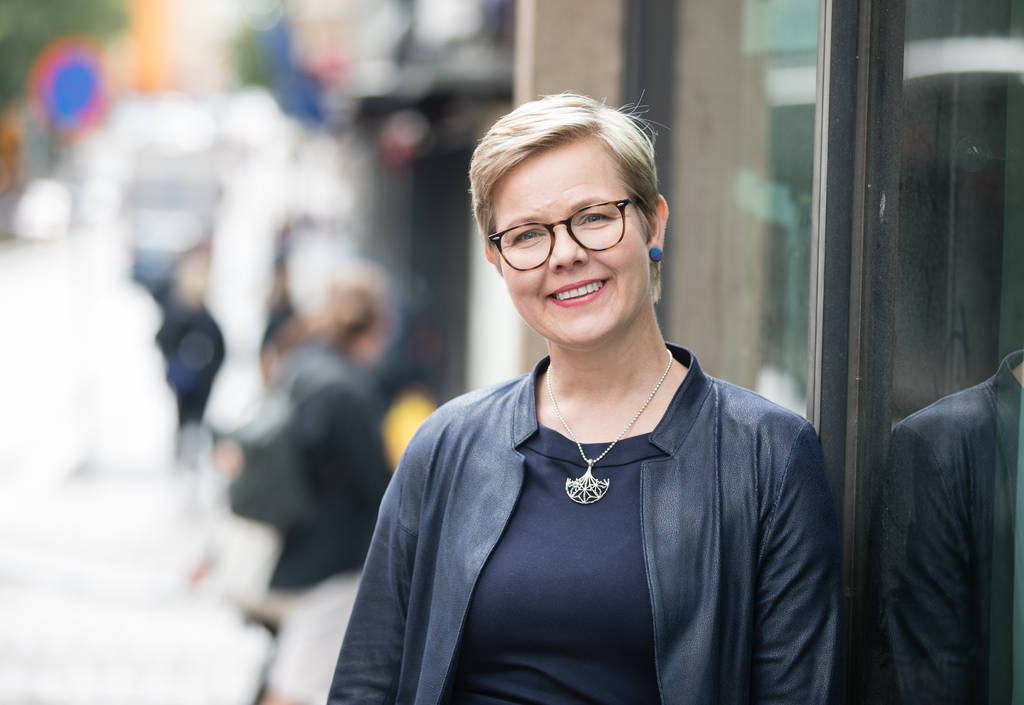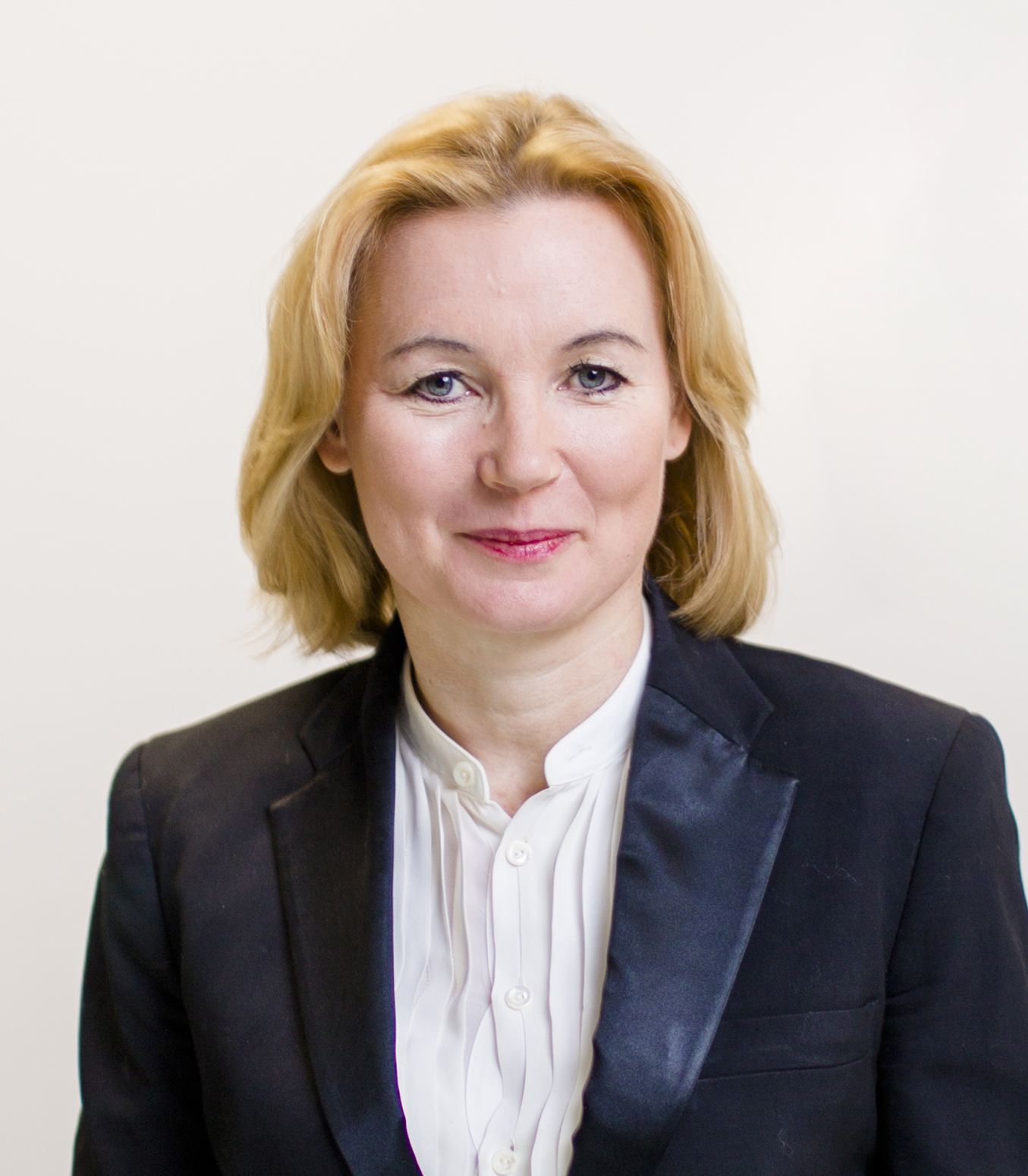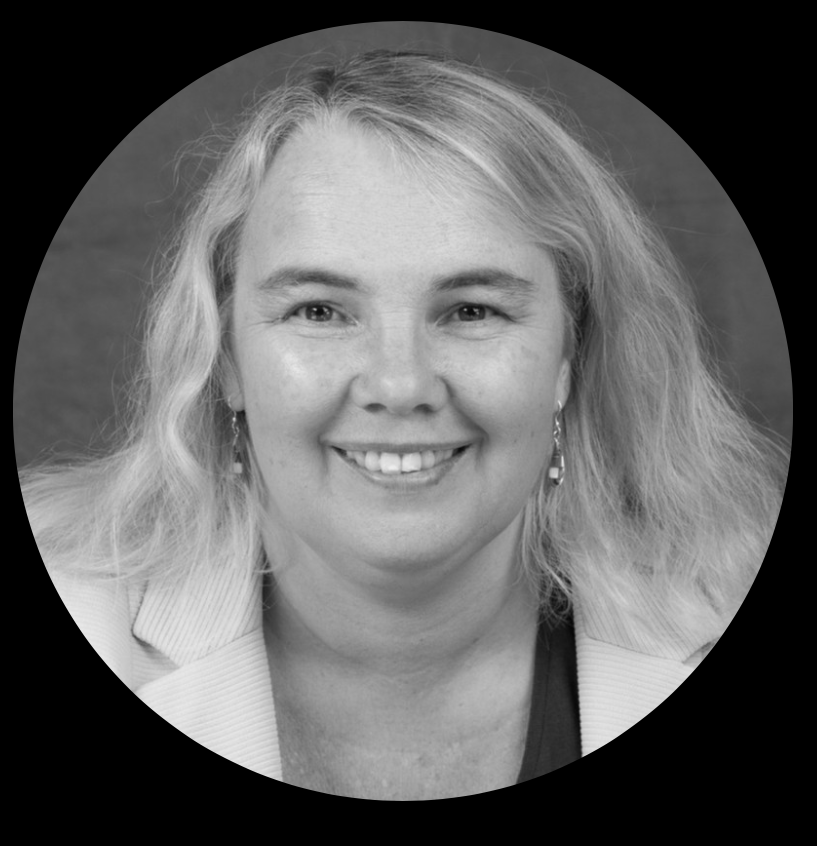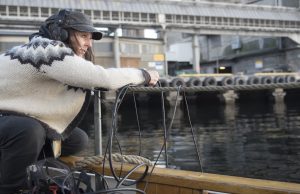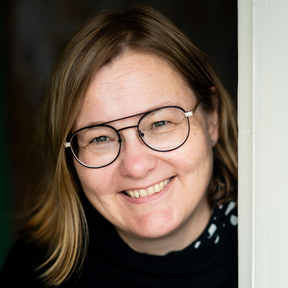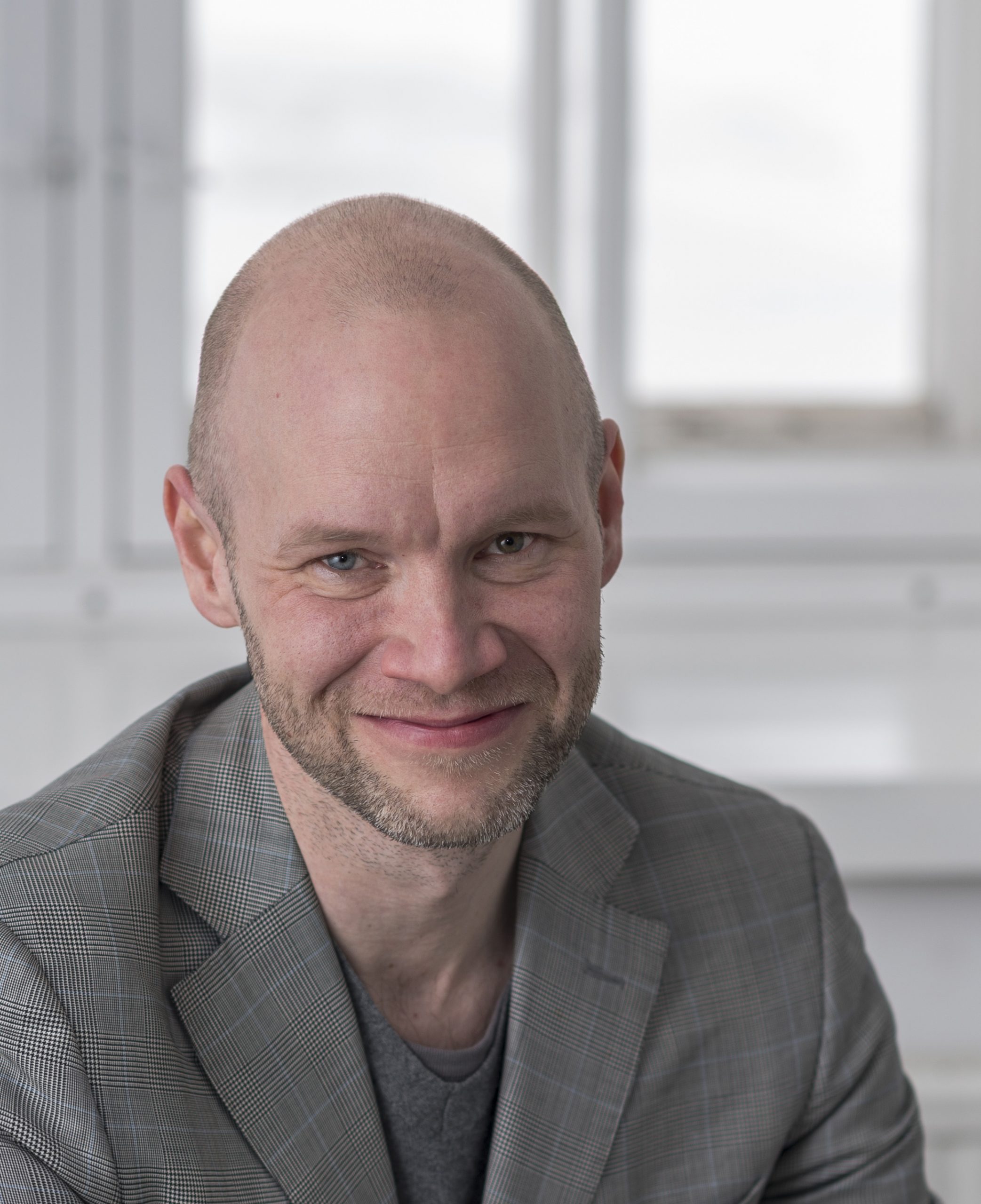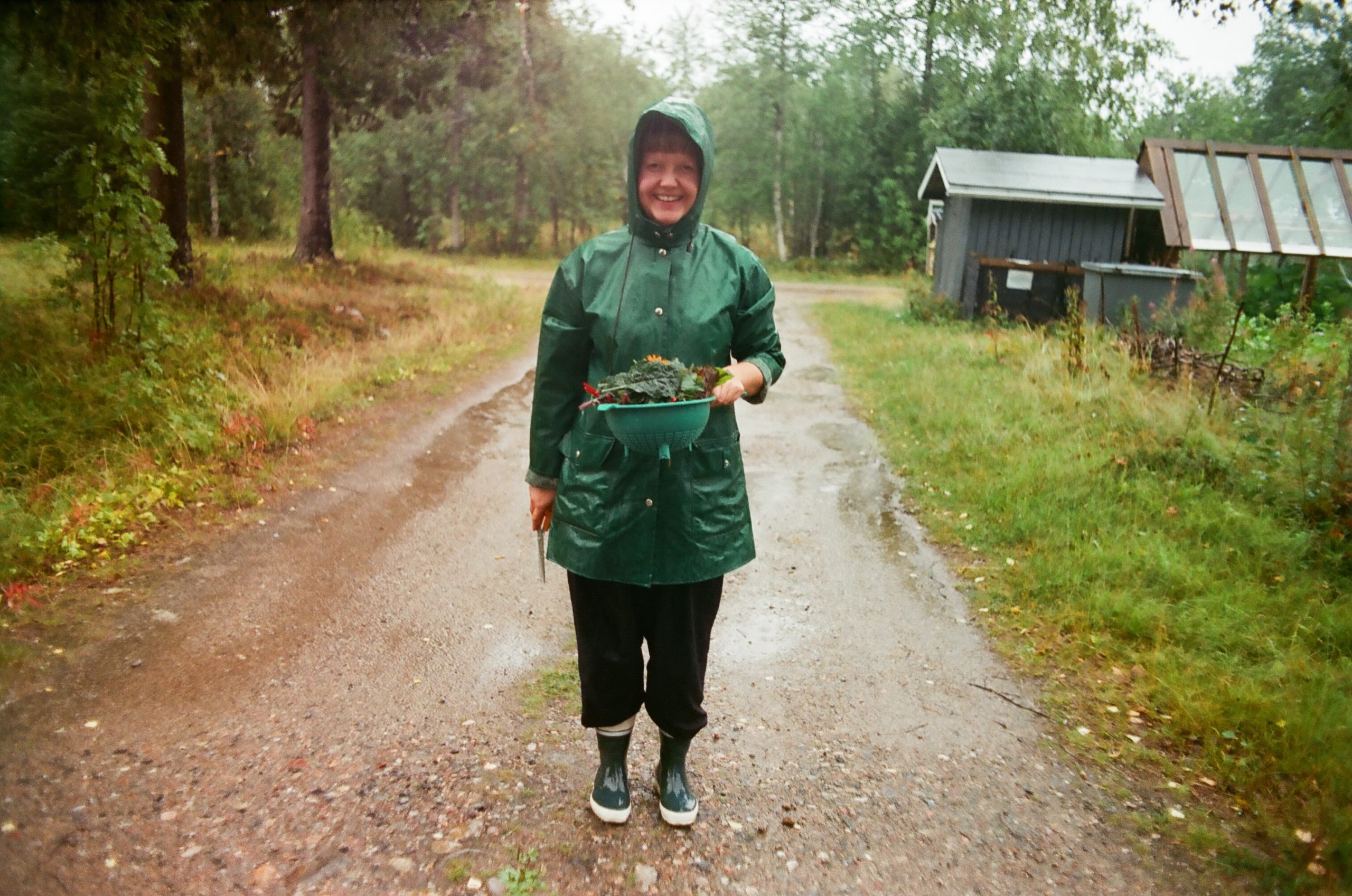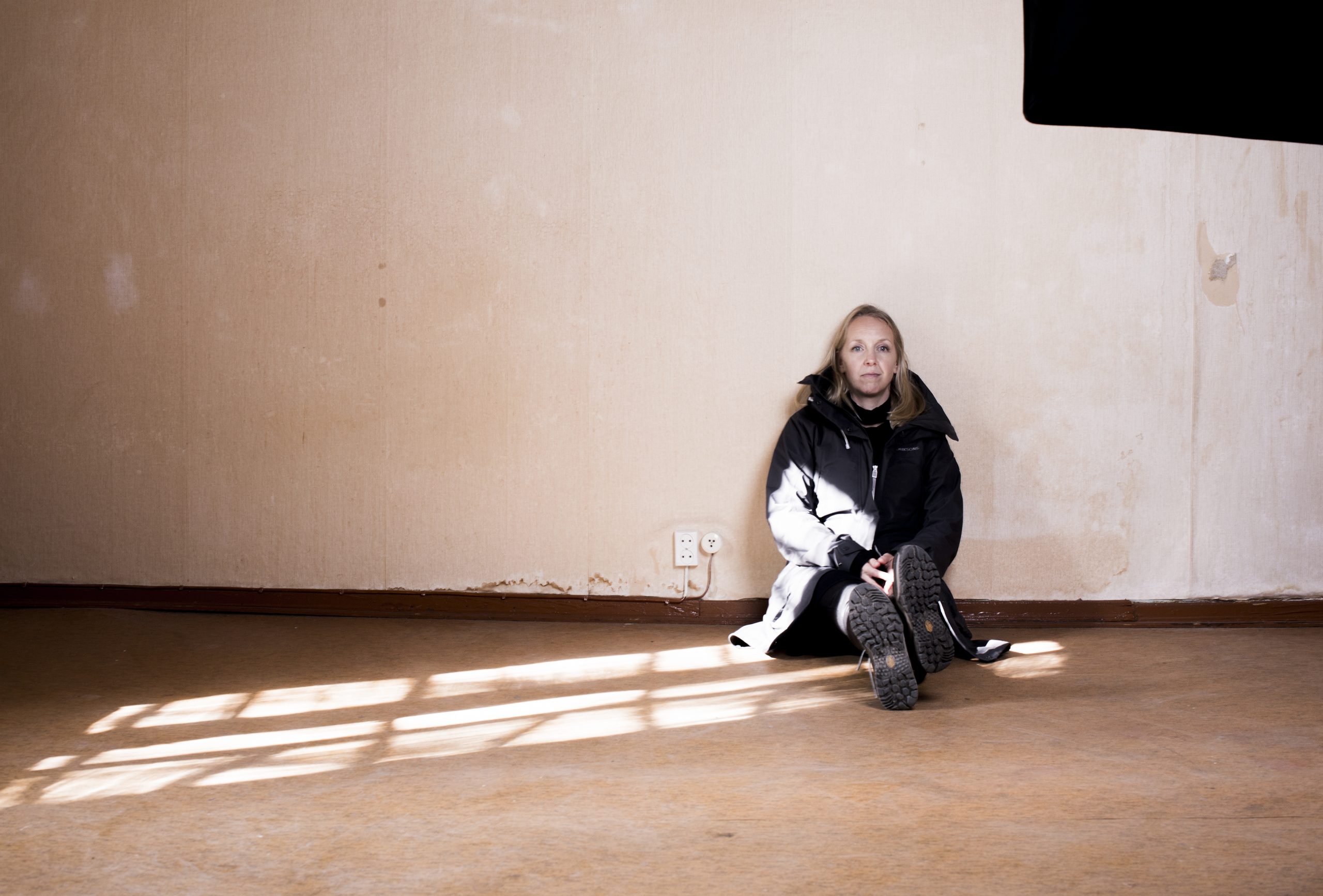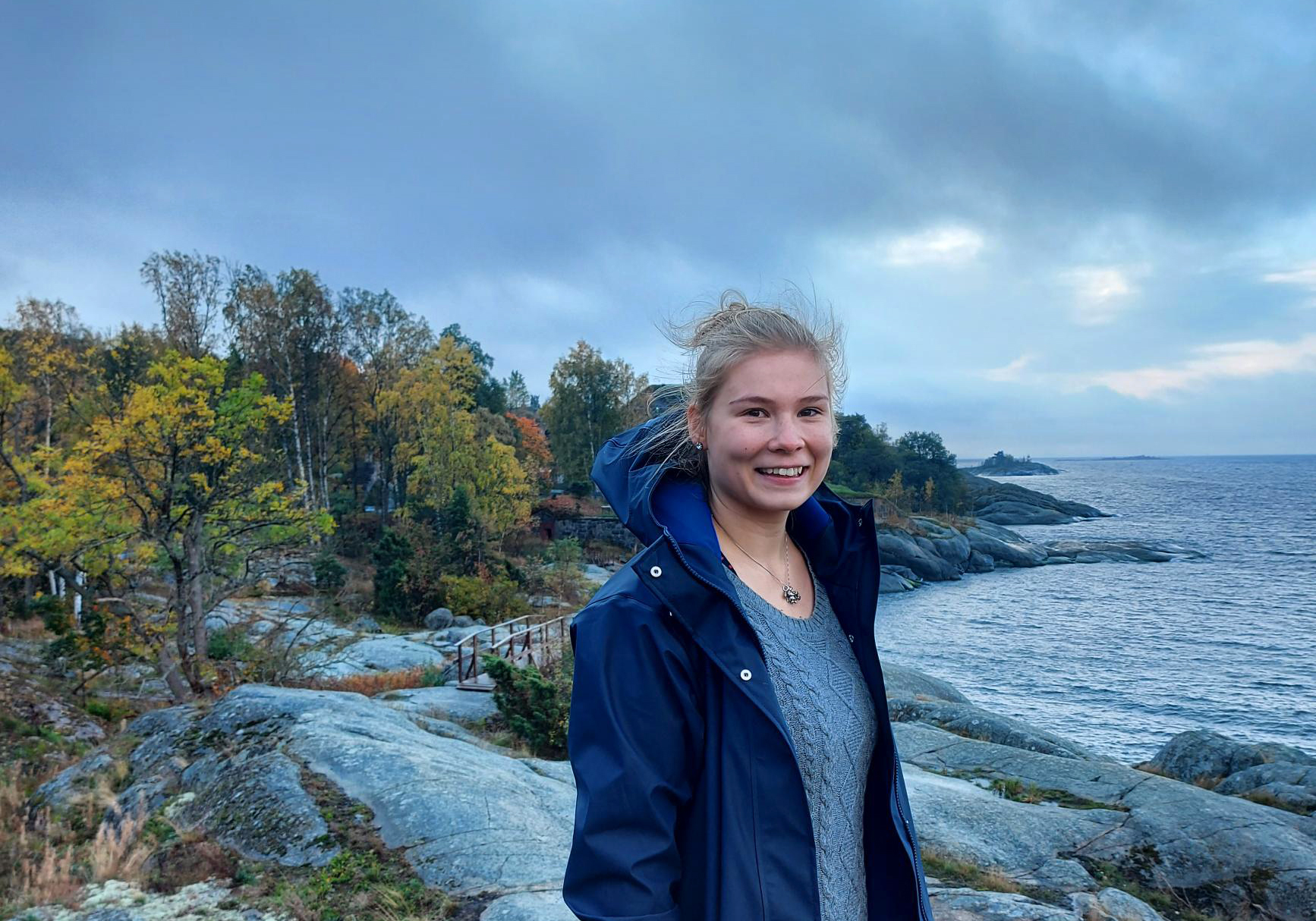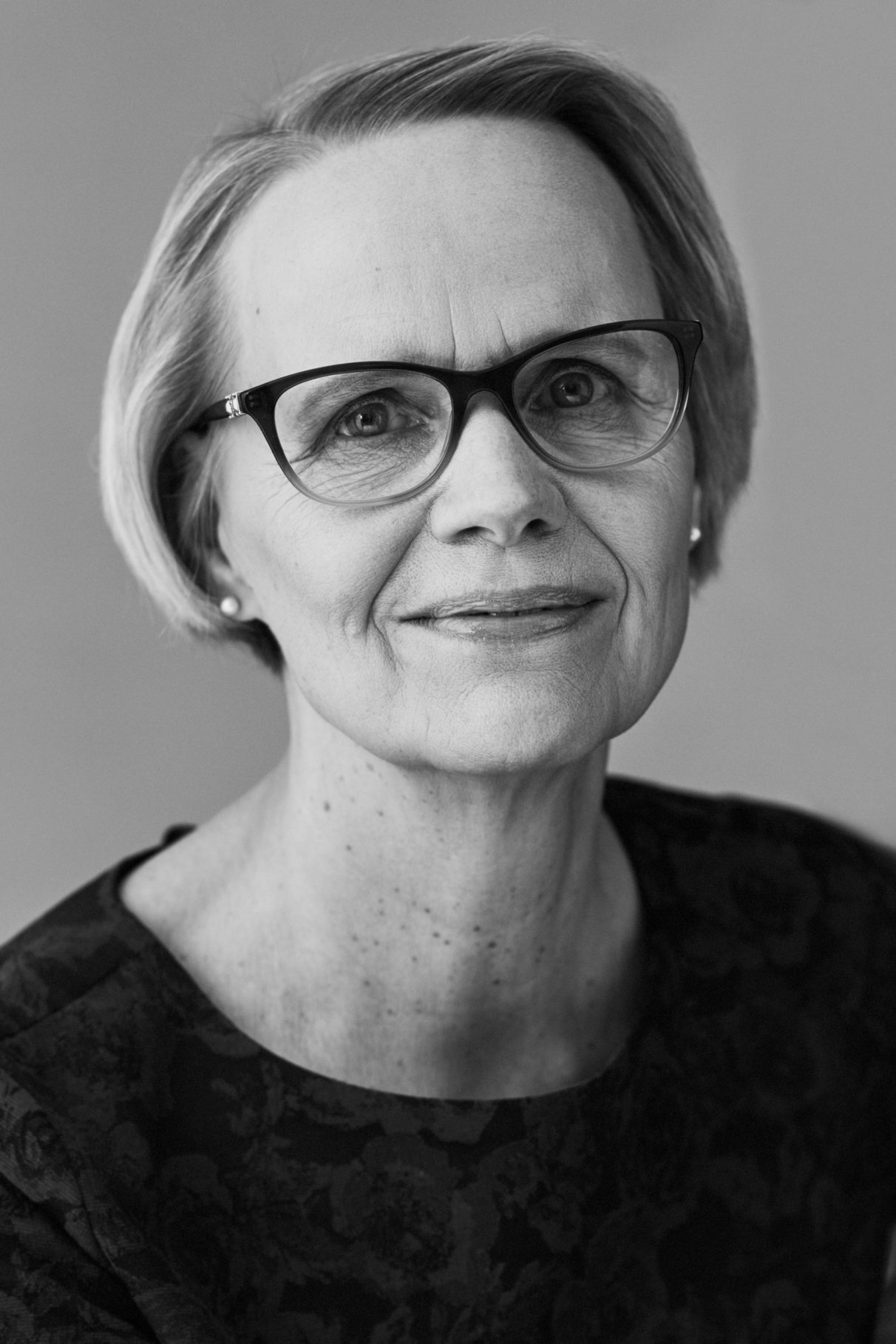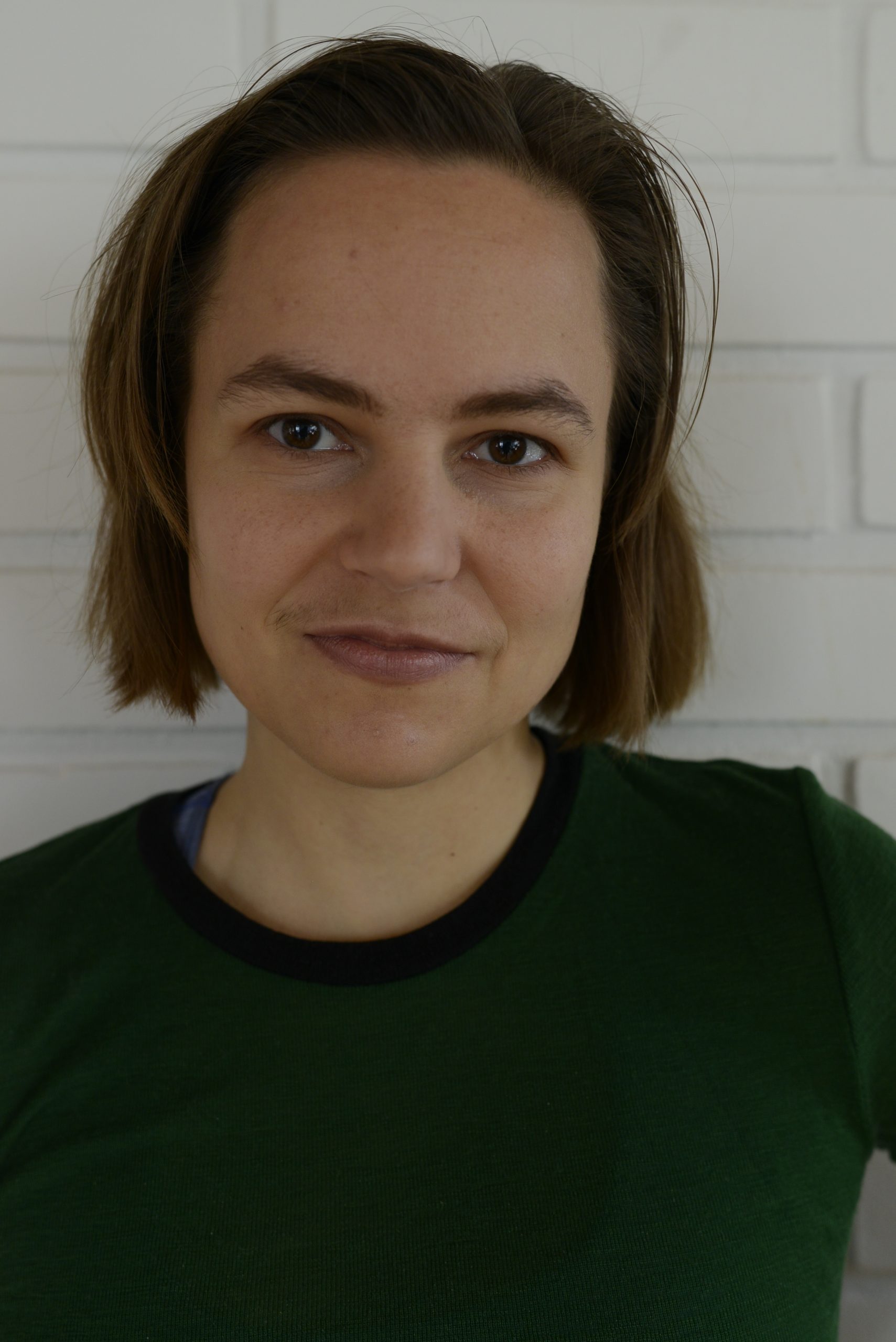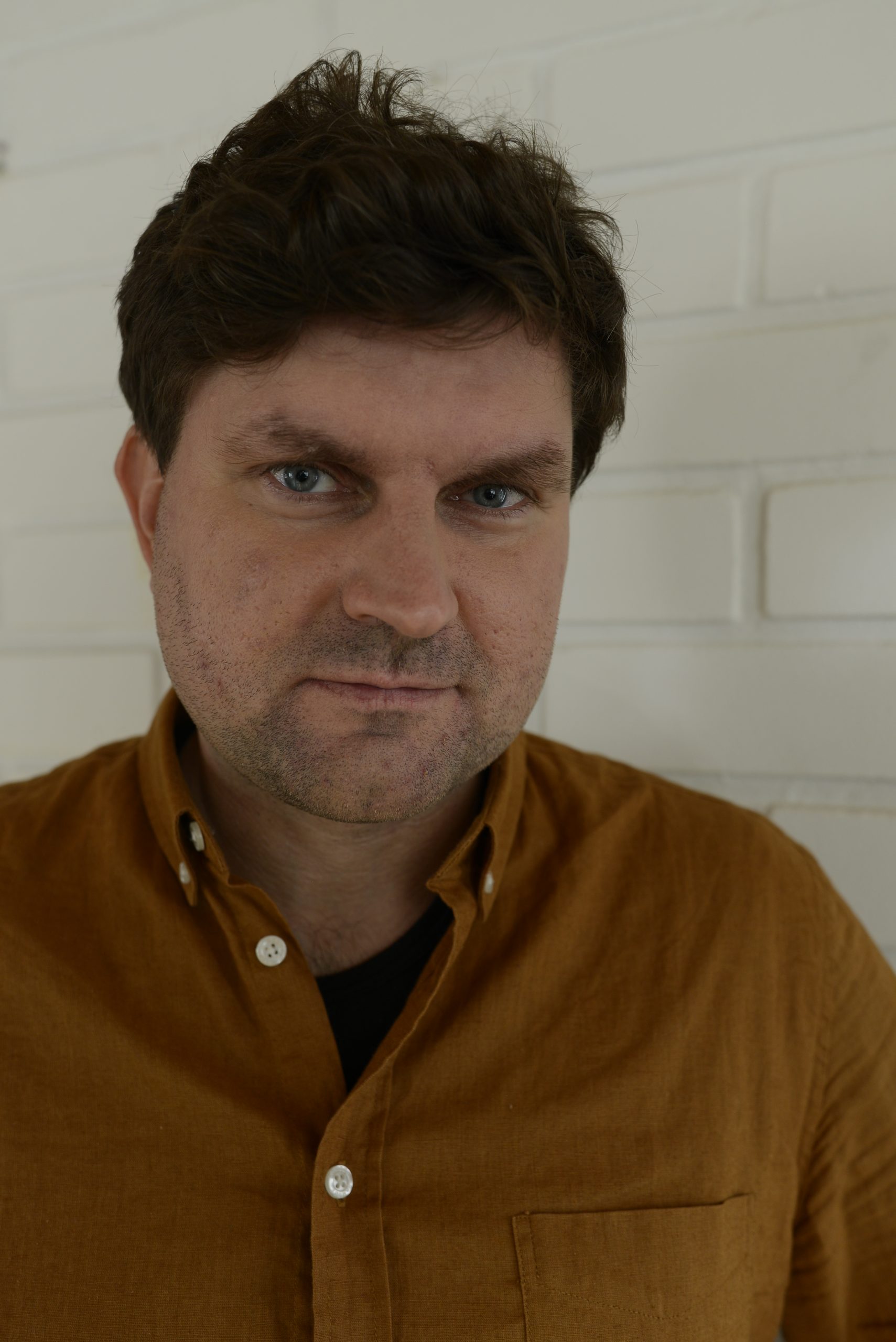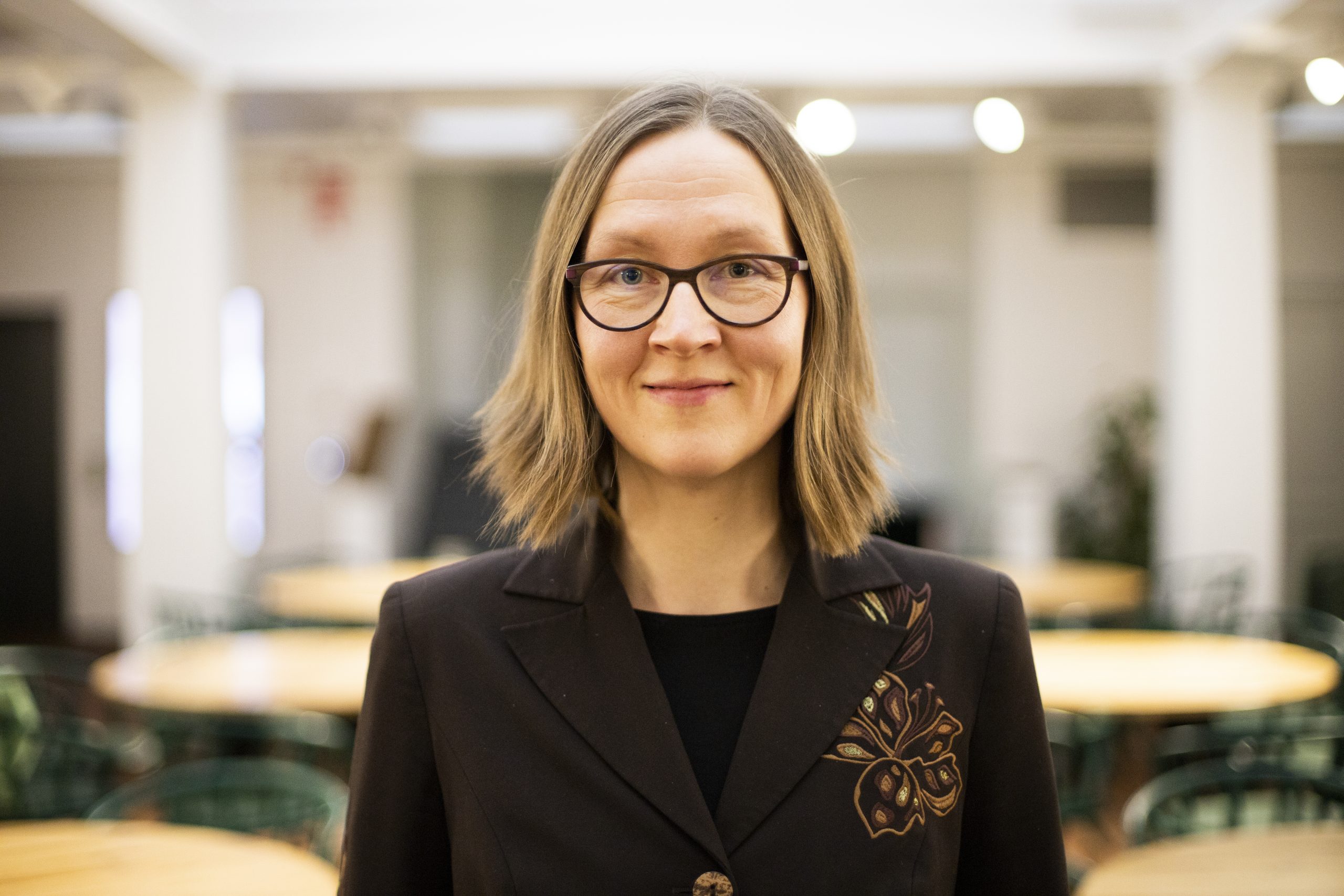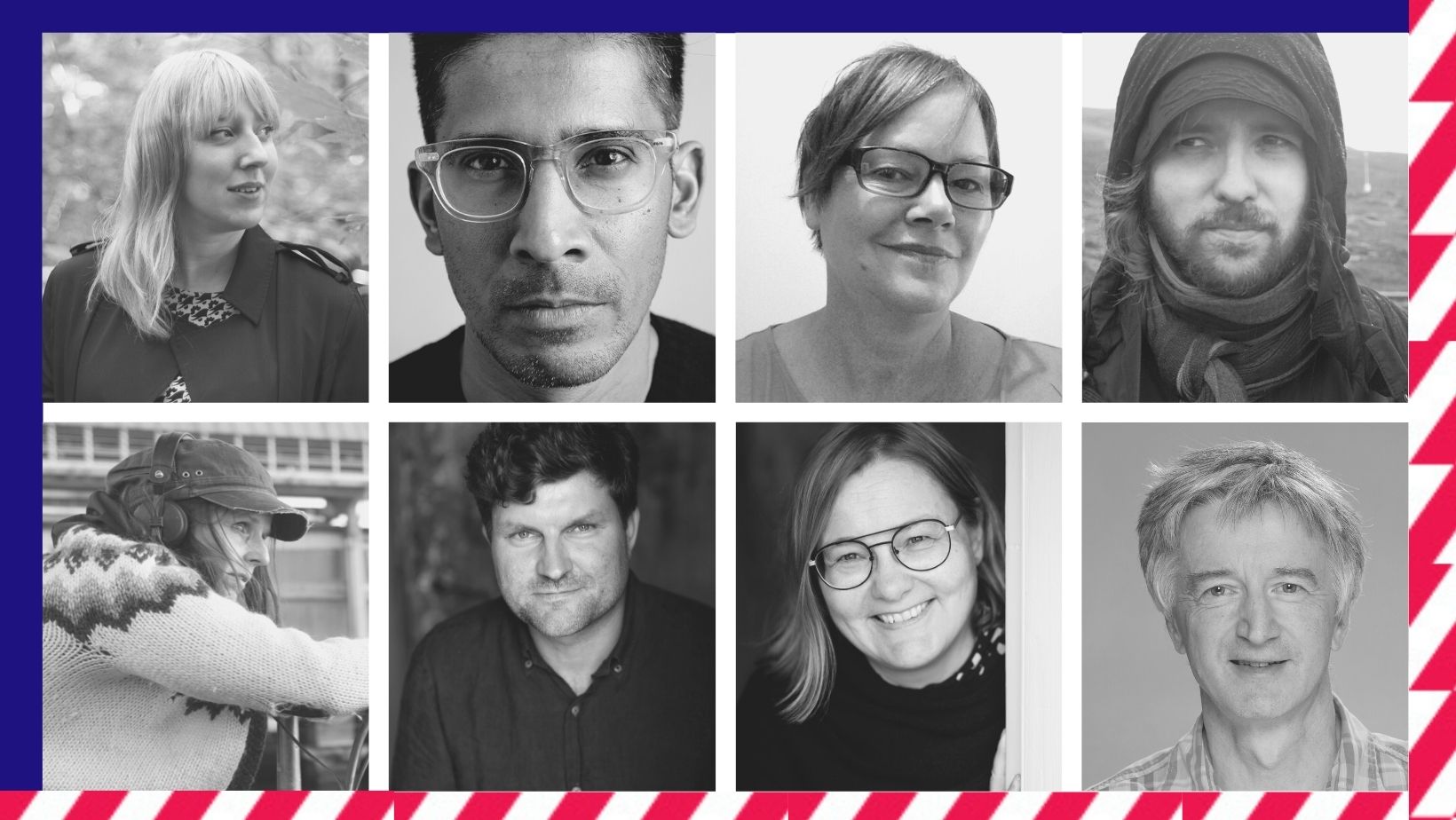This year, Saara Korpela works as an eco-coordinator in four art organizations: IHME Helsinki, Frame Contemporary Art Finland, Mustarinda and HIAP – Helsinki International Artist Program. She calculates the carbon footprint of organizations and writes about her findings in IHME’s Ecoblog, among others. She has studied environmental protection and water and waste management and has worked extensively in various positions in the public, private and third sectors and has come to wonder why climate action seems too sluggish. Saara, who acted also as an interpreter, believes in interaction and cooperation from different starting points of different actors. She also hopes for more easy-to-use tools to monitor climate emissions as well as an open database of materials ’carbon footprints.
Towards eco-social civilization
We bring together the worlds of art and science in an era of climate crisis and biodiversity loss. We have produced seminar series and learning materials for everyone interested in contemporary art and the environment. Check out the recordings from our seminars and the material about the Baltic Sea we have collected here.
